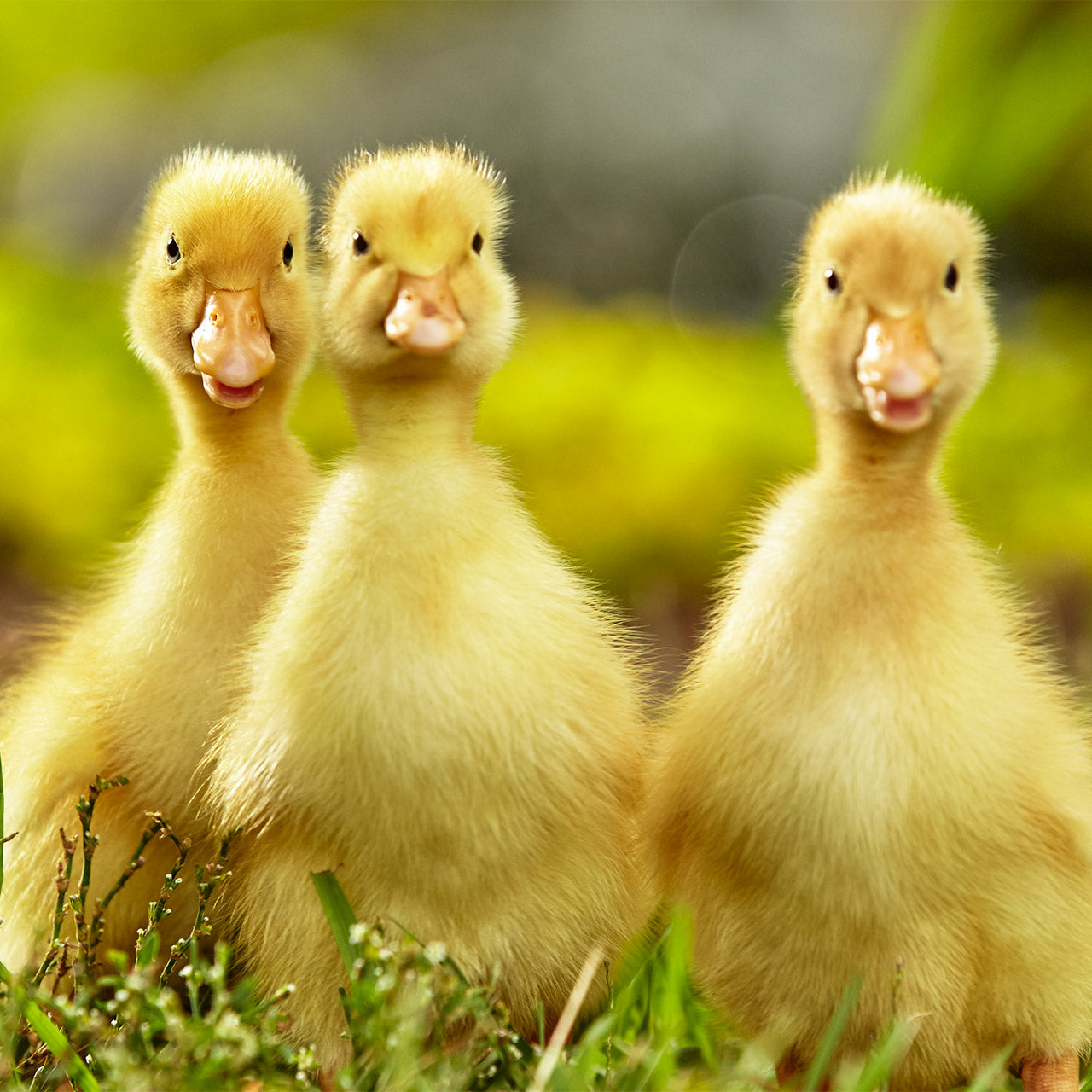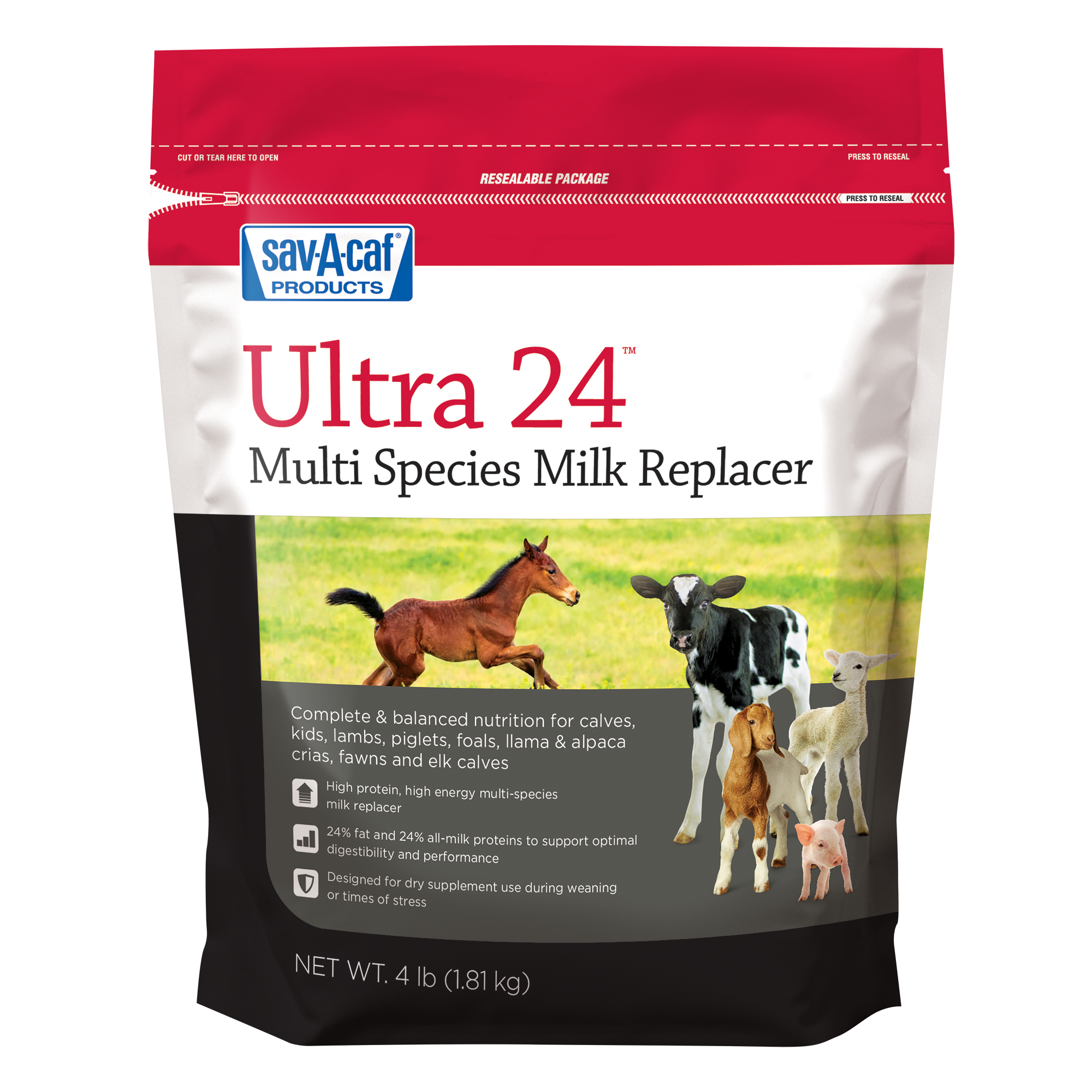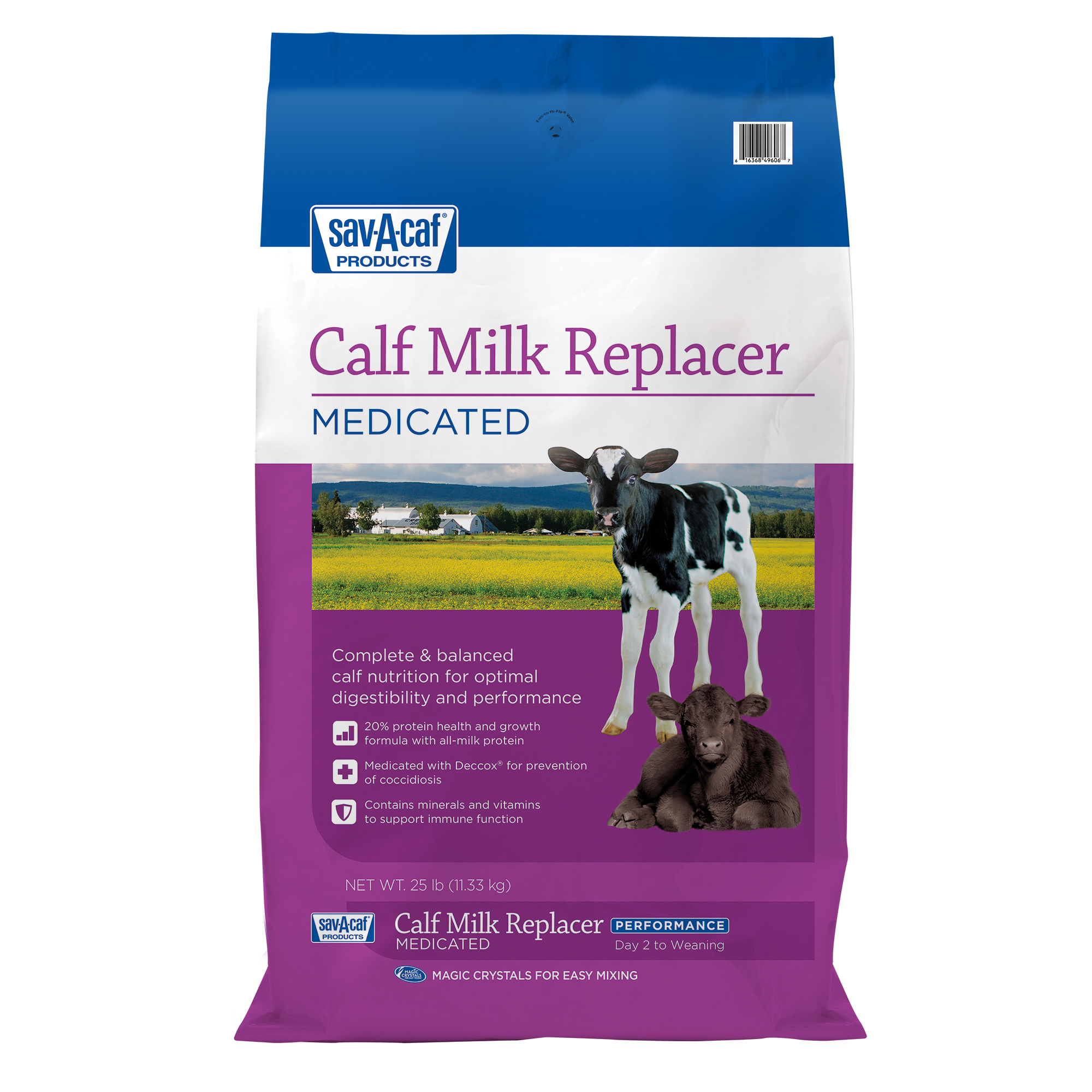
Important illnesses to watch for in young chicks
With weak immune systems, newborn chicks are susceptible to illness. You will want to watch closely for signs your chicks may be sick or becoming sick so you can provide them with treatment and relief promptly.
Be on the lookout for these common concerns:
Pecking
If chicks get too hot, are overcrowded, don’t get enough fresh air, or find the light too bright, they may begin pecking at the features of the other chicks in the flock.
If the birds aren’t moving away from the lamp to escape the heat and the brooder is well ventilated with adequate space, try sprinkling some green grass clippings in the brooder and dimming the light a bit. If they are still pecking, consult your veterinarian for advice.
Pasty butts
Chicks that are shipped long distances often undergo temperature changes or other stresses that can cause fecal matter to get stuck in the chick’s vent, preventing it from excreting its waste. This will kill the chick if it is left untreated.
To treat this condition, check each chick and swab its vent with a cotton swab dipped in warm water or warm vegetable oil, smearing a little extra oil around the vent area. Continue to check every few days until you are sure they show no signs of pasty butt.
Coccidiosis
This is a serious illness caused by a parasite or protozoa called coccidia, occurring most commonly in growing chicks over 3 weeks of age. Without treatment, infected birds will die within a matter of days.
Symptoms include birds that are pale, droopy, tend to huddle, have diarrhea or bloody droppings or go off feed and water. It is imperative to segregate sick birds immediately to prevent further spread of the disease because coccidiosis is spread from feces of infected birds.
To help prevent coccidiosis, especially in warm weather when coccidia thrive, sanitation and prevention of cross-contamination between flocks are critical. You may also consider feeding a medicated starter feed concentrate.
To treat the disease, call your veterinarian who can confirm that your chicks suffer from coccidiosis and prescribe an anticoccidial.
Salmonellosis
Although salmonella does not usually make chicks sick, it does cause serious illness in humans. It is important to always practice good sanitation when caring for your chickens. Remove your shoes and other soiled clothing outside of the house and wash your hands thoroughly with soap and warm water. Be careful not to let children under the age of five come into contact with live birds, as salmonellosis is more serious in young children. Leave your food and beverages outside the brooder and clean all supplies outdoors to prevent bringing pathogens in your home.
With this base knowledge on signs your chicks may be ill, you can be proactive in treating and relieving your birds of distress. Want to keep learning? Find more information on chick care and nutrition.



